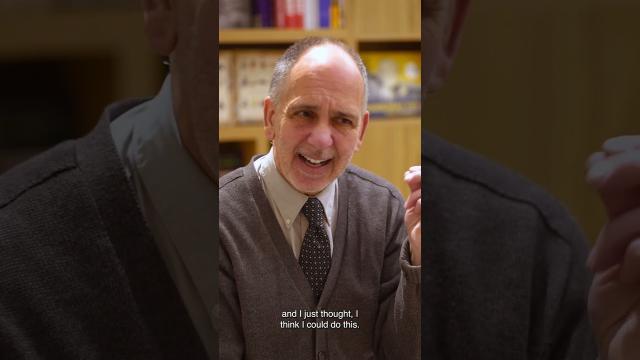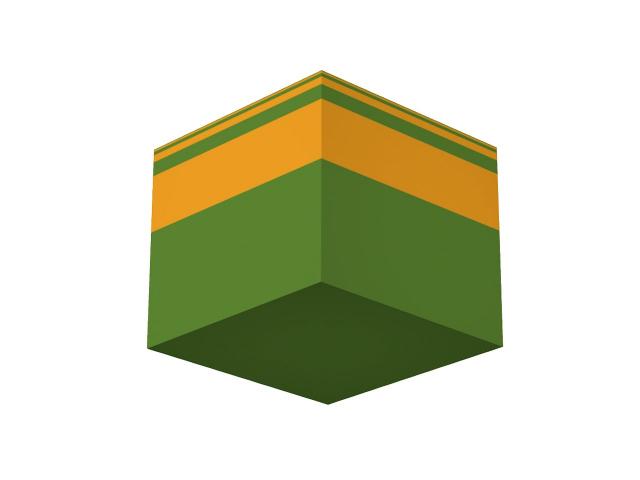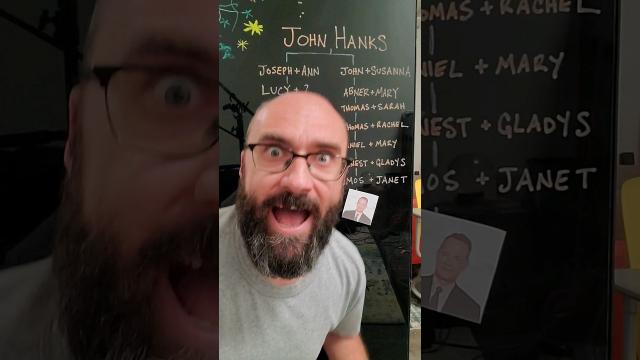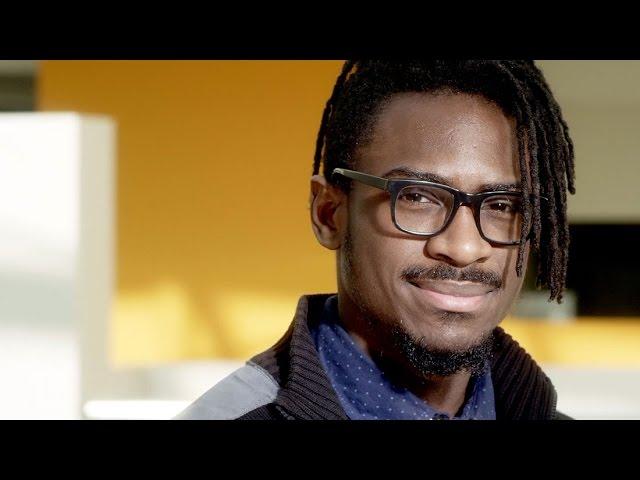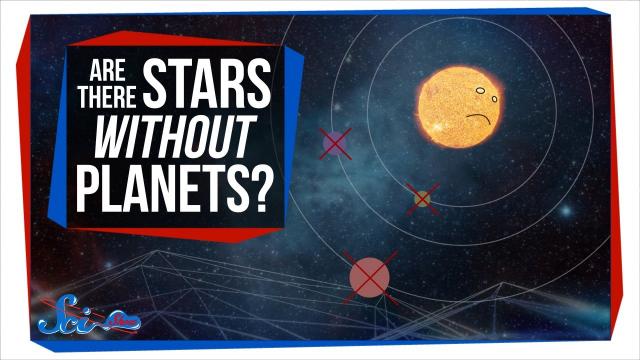Time Travel, Teleportation & Science
Time travel is the concept of moving between different points in time in a manner analogous to moving between different points in space, generally using a theoretical invention, namely a time machine. It has a commonly recognized place in philosophy and fiction, but has a very limited application in real world physics, such as in quantum mechanics or wormholes.
Although the 1895 novel The Time Machine by H. G. Wells was instrumental in moving the concept of time travel to the forefront of the public imagination, The Clock That Went Backward by Edward Page Mitchell was published in 1881 and involves a clock that allowed three men to travel backwards in time.[1][2] Non-technological forms of time travel had appeared in a number of earlier stories such as Charles Dickens' A Christmas Carol. Historically, the concept dates back to the early mythologies of Hinduism (such as the Mahabharata), Buddhism, and Islam through ancient folk tales. More recently, with advancing technology and a greater scientific understanding of the universe, the plausibility of time travel has been explored in greater detail by science fiction writers, philosophers, and physicists.
Teleportation, or Teletransportation, is the theoretical transfer of matter or energy from one point to another without traversing the physical space between them. It has a commonly recognized place in science fiction literature, film, and television, but as yet has a very limited application in real world physics, such as quantum teleportation or the study of wormholes.
Science (from Latin scientia, meaning "knowledge") is a systematic enterprise that builds and organizes knowledge in the form of testable explanations and predictions about the universe. In an older and closely related meaning, "science" also refers to a body of knowledge itself, of the type that can be rationally explained and reliably applied. A practitioner of science is known as a scientist.
In modern usage, "science" most often refers to a way of pursuing knowledge, not only the knowledge itself. It is also often restricted to those branches of study that seek to explain the phenomena of the material universe.
Source : Wikipedia
-
06:58
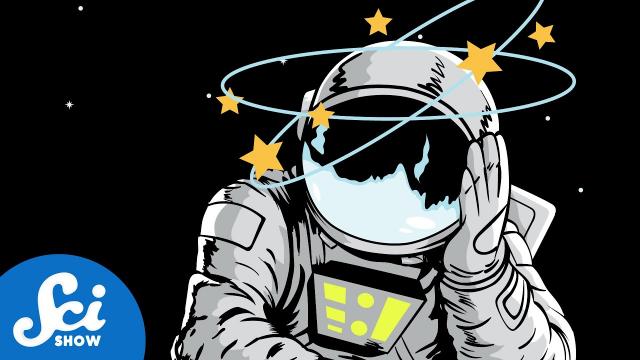
We Don’t Know Why Astronauts Get Motion Sick
Added 179 Views / 0 LikesA majority of modern astronauts experience any one of a suite of symptoms scientists collectively call Space Motion Sickness, or SMS. But despite knowing about it for nearly as long as humans have gone into space, we still don't know exactly what causes i
-
00:55
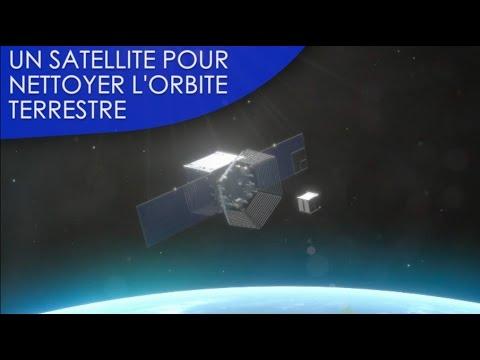
Clean Space One : Un Satellite Suisse Pour Nettoyer L’orbite Terrestre
Added 705 Views / 0 Likes -
01:01

The People Who Were Turned Into Paint
Added 160 Views / 0 Likeshttps://harvardartmuseums.org/article/a-pigment-from-the-depthshttps://www.artinsociety.com/the-life-and-death-of-mummy-brown.htmlhttps://artuk.org/discover/stories/the-corpse-on-the-canvas-the-story-of-mummy-brown-paint
-
03:26
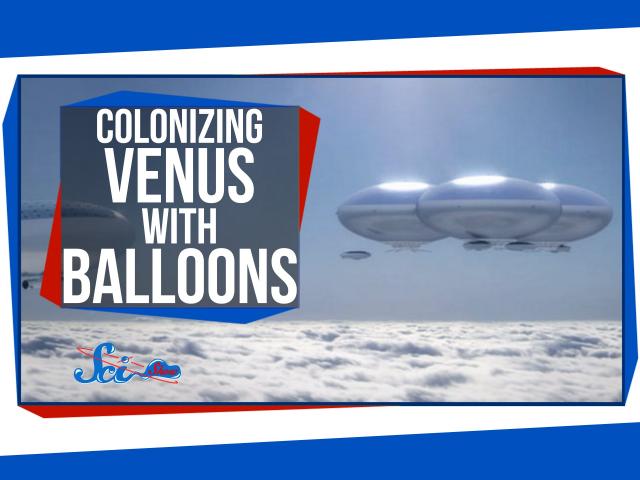
Colonizing Venus with Giant Balloons
Added 731 Views / 0 LikesColonizing Venus with Giant Balloons
-
1:25:35
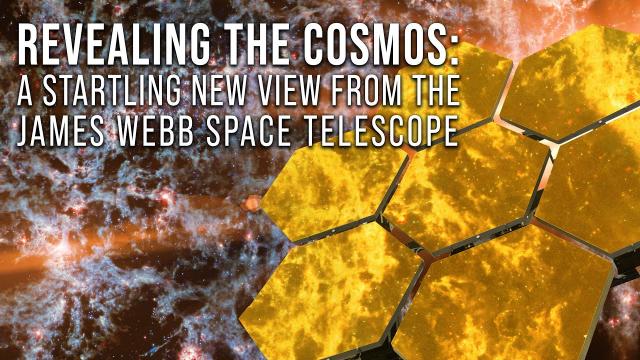
Revealing the Cosmos: A Startling New View from the James Webb Space Telescope
Added 165 Views / 0 Likes#JWST #Telescope #BrianGreeneBreathtaking images from the James Webb Space Telescope are providing new clues about the formation of stars, galaxies, and even the universe itself, while also raising tantalizing mysteries. Nobel Laureate John Mather, the We
-
04:03

Another SpaceX Landing, and New Horizons's Next Stop
Added 637 Views / 0 LikesAnother SpaceX Landing, and New Horizons's Next Stop
-
33:56
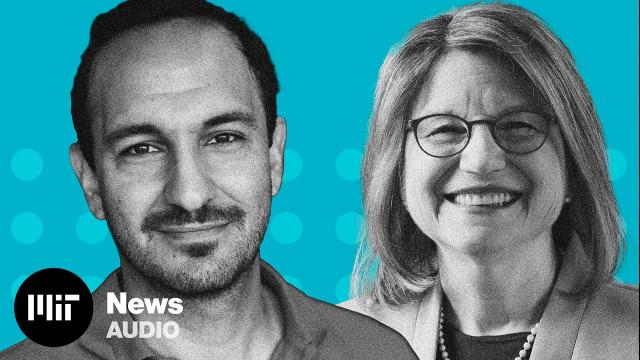
Curiosity Unbounded, Ep. 4: Build your own superpower, then share it with the world
Added 167 Views / 0 LikesFadel Adib is an associate professor at the MIT Media Lab and Department of Electrical Engineering and Computer Science. His work pushes the limits of wireless sensing so it can be used for monitoring climate change in the oceans; aiding food production,
-
03:55
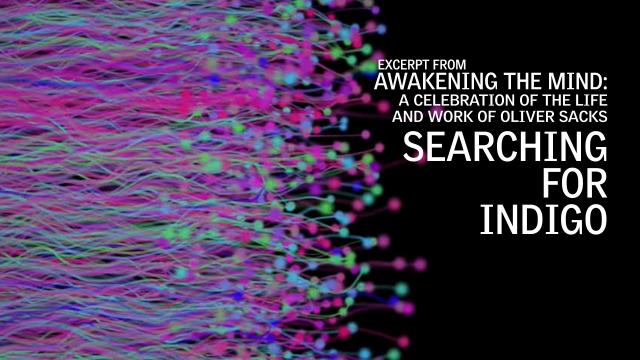
Excerpt from Awakening the Mind: Searching for Indigo
Added 617 Views / 0 LikesExcerpt from Awakening the Mind: Searching for Indigo
-
21:53
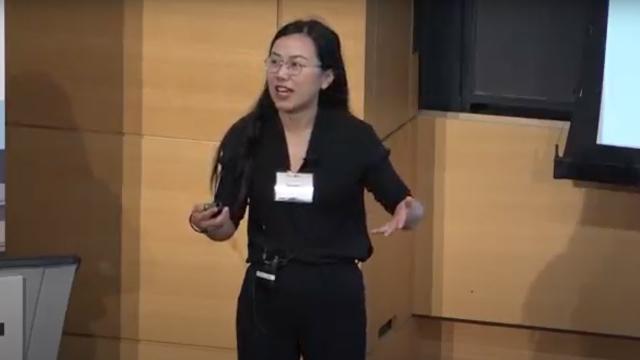
Generative AI Impact on Commerce: Danielle Li
Added 134 Views / 0 LikesDanielle Li, Associate Professor, MIT Sloan School of Management discusses Generative AI and Worker Upskilling.Watch more videos from MIT: http://www.youtube.com/user/MITNewsOffice?sub_confirmation=1The Massachusetts Institute of Technology is an independ
-
27:06
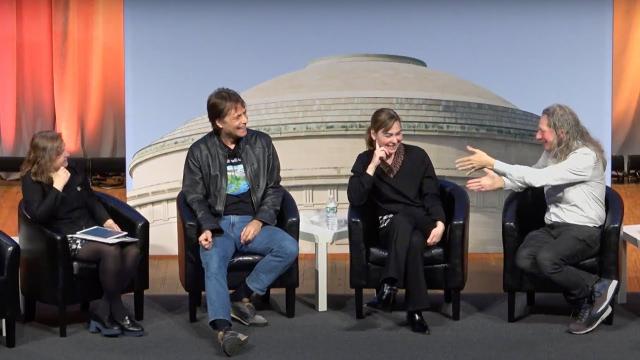
The Future is Now: Where are we going?
Added 144 Views / 0 LikesIn a roundtable about the future of generative AI, moderator Daniela Rus sits down with MIT professors Joshua Tenenbaum, (Computational Cognitive Science, CSAIL, and Center for Brains, Minds, and Machines), Dina Katabi, (Electrical Engineering and Compute
-
01:27
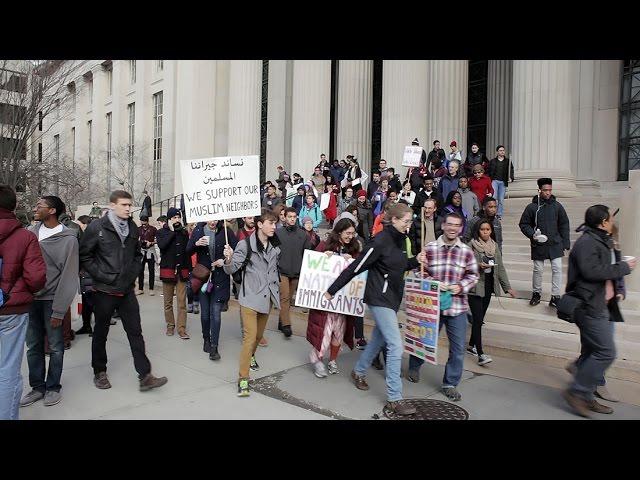
MIT community responds to Executive Order on immigration
Added 746 Views / 0 LikesMIT community responds to Executive Order on immigration
-
35:33
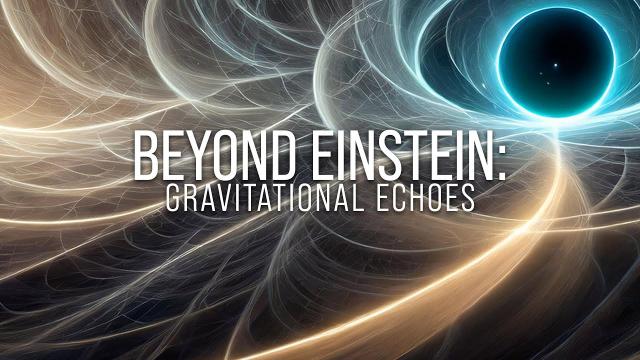
Beyond Einstein: Part Two - Gravitational Echoes
Added 137 Views / 0 LikesPart 2 | Gravitational Echoes: Just as sound waves can echo off a distant rockface, light waves can echo off of black holes. Renowned researchers Erin Kara and Shep Doeleman join Brian Greene to explore the exotic physics that rules all that happens near
-
01:42
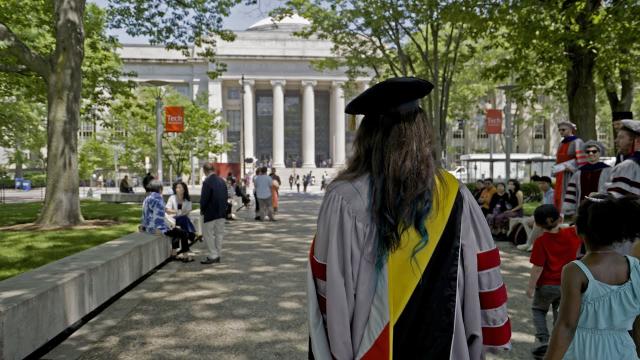
Congratulations, graduates!
Added 130 Views / 0 LikesCongratulations to members of the Class of 2024. You did it! Watch more videos from MIT: http://www.youtube.com/user/MITNewsOffice?sub_confirmation=1The Massachusetts Institute of Technology is an independent, coeducational, privately endowed university i
-
06:28
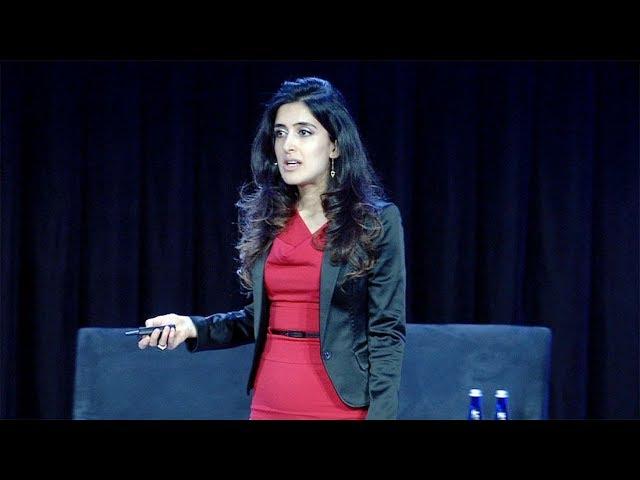
MIT Intelligence Quest Launch: AI-Driven Drug Discovery
Added 492 Views / 0 LikesLeila Pirhaji, Founder and CEO of ReviveMed, describes her startup at the launch event for the MIT Intelligence Quest, an Institute-wide initiative on human and machine intelligence research, its applications, and its bearing on society.Watch more videos

